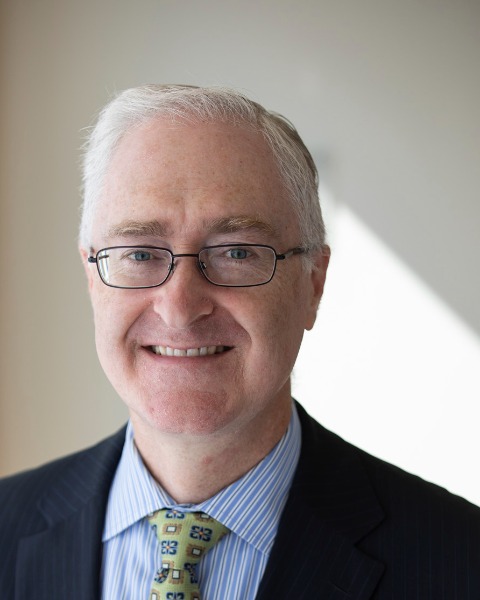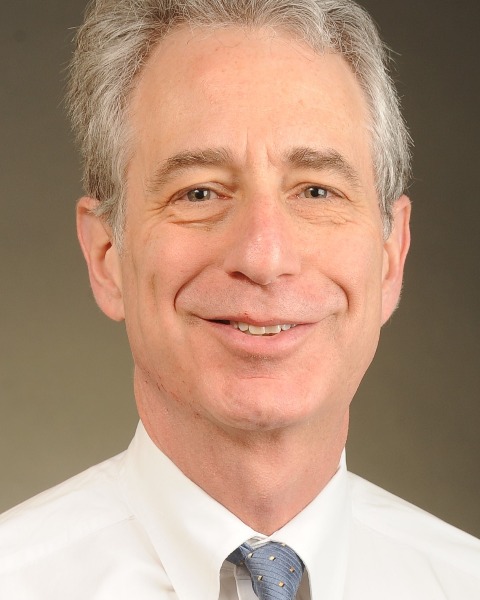Care Transformation
Managing Behavioral Health Crisis: Contemporary Approaches
According to the most recent published American Hospital Association Annual Survey, less than one in five hospitals nationally have dedicated behavioral healthcare services, such as urgent care centers, inpatient psychiatric beds or behavioral healthcare ambulatory care programs. Yet nearly one and four people nationally have behavioral healthcare conditions. This leaves a gap between the demand for services and the available resources, leaving communities searching for solutions.
Nowhere is this gap more apparent than in the traditional emergency room setting, where 14% of patients present with a psychiatric complaint. EDs are often overwhelmed by a broad range of medical emergencies, which can lead to prolonged wait times for psychiatric patients and a focus on immediate medical stabilization rather than comprehensive mental health assessment. Psychiatric acute stabilization and urgent care services represent a critical innovation in the mental health field, addressing the gaps in traditional psychiatric emergency care systems.
As mental health crises continue to rise globally, the need for accessible, efficient and effective psychiatric care has never been more urgent. Specialized psychiatric resources designed to care for these community needs, including specially trained providers and caregivers, evidence-based care models, and locations of care that meet specific safety and clinical standards are required to address these mental health crises head on. By providing rapid, specialized care, emergency departments, crisis walk-in centers, psychiatric urgent care and acute stabilization centers ensure that individuals in acute psychiatric distress receive the attention they need without undue delays. This immediate intervention is crucial for managing severe symptoms, preventing crises from escalating and offering a pathway to longer-term mental health support.
This presentation will explore the multifaceted benefits of acute psychiatric care, highlighting how these services improve patient outcomes, streamline mental health crisis management and contribute to broader public health goals while remaining financially viable. It will also review new national care standards and training programs being developed to provide a more structured framework for managing this care and operating programs that more effectively meet this need.
Learning Objectives:
- Identify the range of care models and approaches to effectively serve patients in psychiatric crisis.
- Discuss recent advancements for training programs, care protocols and evidence-based standards to best serve patients in crisis.

Stephen M. Merz, FACHE
Chief Operating Officer
Sheppard Pratt Solutions
Leslie S. Zun, MD
Chief Medical Officer
Hamdard Health Alliance
